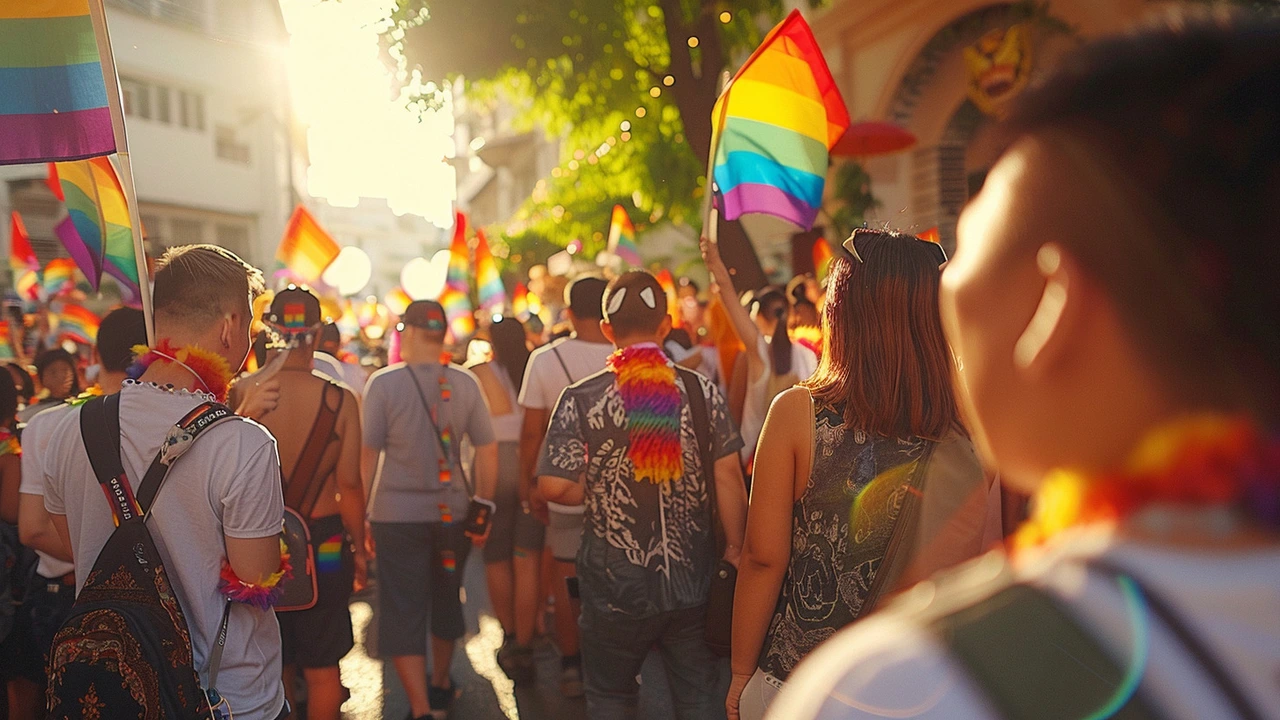LGBTQ+ Rights in Africa: What You Need to Know
LGBTQ+ rights remain a complex and often controversial topic across many African countries. While some places have made visible progress, others still hold strict laws criminalizing same-sex relationships and gender expression. If you want to understand what's happening with LGBTQ+ communities on the continent, it's crucial to look at both the legal environment and social attitudes shaping daily life.
Where Are the Laws Standing Now?
In many African nations, colonial-era laws still criminalize same-sex relationships, leading to arrests and discrimination. However, a few countries like South Africa have embraced legal equality, with constitutionally protected rights and same-sex marriage laws. This shows that change is possible, but progress often faces strong pushback from conservative groups and governments.
Recent years have seen some governments ease harsh enforcement and even discuss reforms. Activists are pushing to repeal outdated laws, citing international human rights standards. But the pace varies greatly, and in some places, LGBTQ+ people still face high risks of violence, stigma, and exclusion.
How Are Communities and Activists Responding?
LGBTQ+ advocacy in Africa is growing stronger despite challenges. Groups use social media, events, and legal strategies to raise awareness and demand protection. They work to create safe spaces and educate the public about gender diversity and sexual orientation. Allies and international human rights bodies often support their efforts.
At the same time, many LGBTQ+ individuals cope with deeply ingrained social stigma and family rejection. Mental health resources and community support remain limited in many regions. But stories of bravery and resilience highlight how people continue to fight for acceptance and equal treatment.
Understanding LGBTQ+ rights in Africa means recognizing the patchwork of progress and setbacks across countries. While obstacles remain, there is definite momentum pushing toward change. Keeping informed helps build empathy and support for a fairer future.
June signifies Pride Month, celebrating the rich history and achievements of the LGBTQ+ community while recognizing the persistent struggle for equality. Sparked by the 1969 Stonewall riots, the month honors the past and continues advocating for change. Celebrations are vibrant and global, promoting awareness and a sense of belonging.


 Sports
Sports